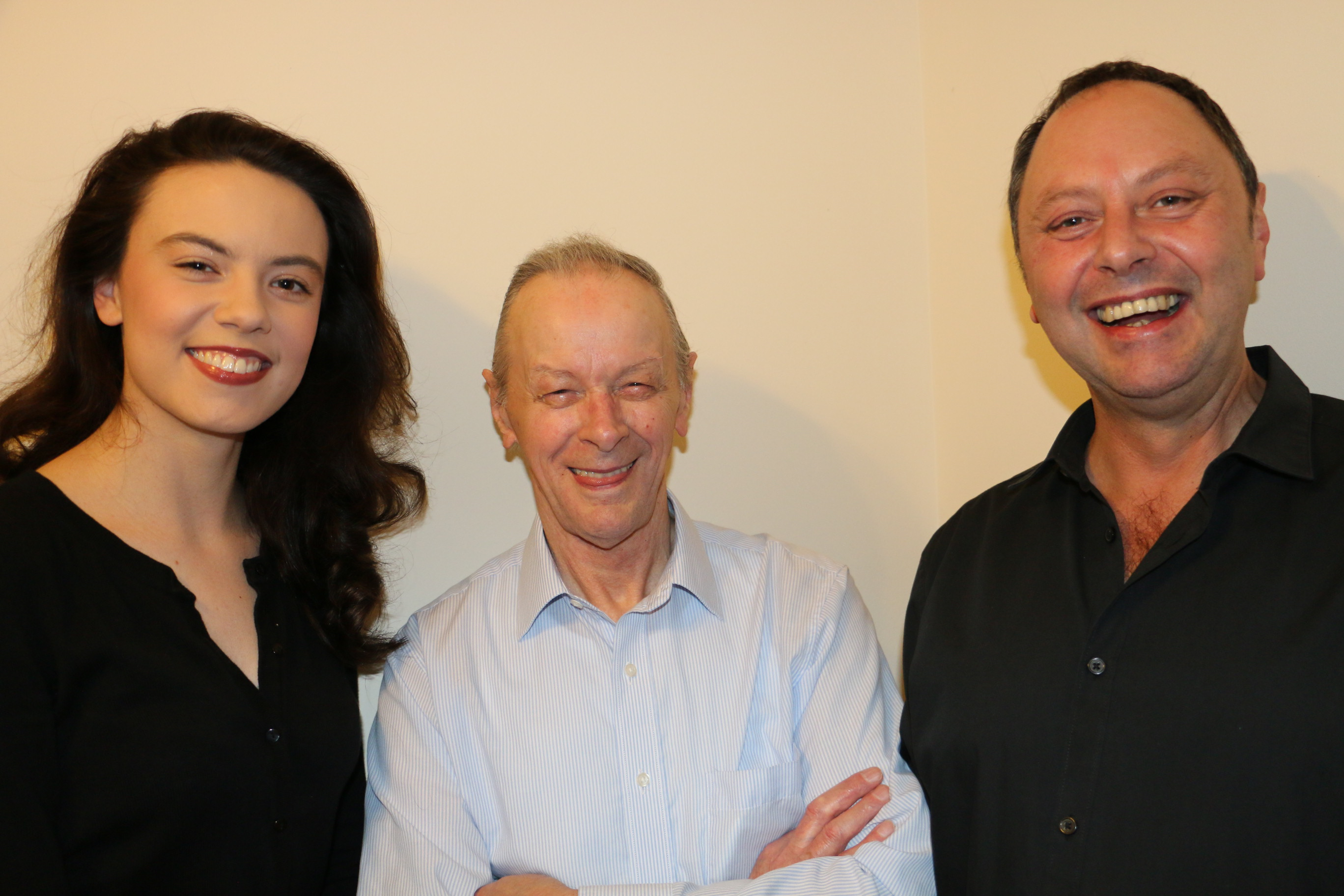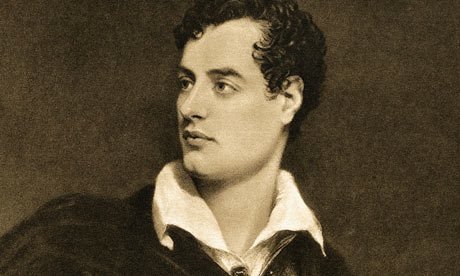
Eric Keogh, his daughter Bethany and father Peter were all born on February 29.
Mathematicians have calculated the odds of three generations of the same family all being born on February 29 at a mind- boggling 3.11 billion to one.
Eric, who will be celebrating his 52nd, or 13th “intercalary” birthday tomorrow, said he’d be amazed if daughter Bethany went on to have a baby on the famous date herself.
“I’m trying to find a bookmaker who will take the odds on us having a fourth generation of the family born on February 29,” he laughs. “A pound on that would see me through to retirement.”
Peter was born in Ireland on February 29, 1940. Son Eric was born the same day 24 years later. And on February 29, 1996, Bethany, 20 tomorrow but five in intercalary terms, made her first appearance.
They are the only known family in the world with three generations born on February 29. The odds of having three generations of the same family born on the same day are 133,225 to one. The odds of having three generations all born on a day that only comes about once every four years has been calculated by mathematicians as 3.18 billion to one.
“People are always interested when you tell them you’re a leap year baby,” said Eric, who will be celebrating his 52nd birthday or 13th “intercalary” birthday tomorrow
“Then I watch their faces drop as I tell them my father was also born on February 29 and – wait for it – so was my daughter. It’s quite nice being unique.”
Incredibly, it was not until daughter Bethany’s fourth birthday that it occurred to the Keoghs they might be something special.
“It was only a week before Bethany’s birth we realised she could be born on February 29,” recalls Eric, who away from his record-breaking exploits has an important job shaping UN policy on climate change.
“She was delivered by caesarean but the hospital gave us a 48-hour window when it could be performed.”
Eric’s ex-wife read about the rare occurrences of having two leap year births in the same family and decided to write to the Guinness World Records to alert them to her family’s feat of having three.
“It was only about a week before Bethany’s birth that we realised she could be born on February 29,” recalls Eric, who away from his record-breaking exploits has an important job shaping United Nations policy on climate change.
“She was delivered by elective caesarean but the hospital gave us a 48-hour window of when it could be performed. Thankfully for my party piece it was on the 29th.”
Sadly, plans for the leaplings to mark their unique triple birthday this year have been scuppered by Peter, 76 not 19 tomorrow, having to go into hospital to have his gallbladder removed.
Despite the setback, the Surrey-based family’s record is unlikely to ever be broken, according to Guinness World Records.
Craig Glenday, editor-in-chief of Guinness World Records, said: I wish the Keoghs many happy returns and can’t think of a better birthday gift than their official Guinness World Records certificate recognising this 3 billion- to-1 achievement.
“I’m looking forward to hearing if they can make it to four generations!”
Leap year facts
Leap years were introduced by Julius Caesar in 45BC. His Julian calendar added an extra day to the month of February, which was the final month of the year at the time.
By the 16th Century the Julian calendar was 24 days out of sync with fixed dates for astronomical events like equinoxes and solstices, forcing a realignment and introduction of the Gregorian calendar in 1582.
We now have 97 leap years every four centuries instead of 100.
The years 1700, 1800 and 1900, which all would have been leap years under the Julian calendar, were common years instead. 2000 was a leap year, 2100 will not be.
Should a man refuse a woman’s leap year proposal, tradition has it that he should buy her 12 pairs of gloves. This is so that she can wear the gloves to hide the embarrassment of not having an engagement ring. During the middle ages there were laws governing this.
The chance of being born on a leap day is one in 1,461.
People born on February 29 are called “leaplings” or “leapers”.
There are thought to be about five million leaplings around the world.
The poet Lord Byron was a leapling.
In Scotland, it used to be considered unlucky for someone to be born on February 29.
Greeks consider it unlucky for couples to marry during a leap year, and especially on leap day.
The Henriksen family of Norway boast the most children, three, born on separate leap days.
READ MORE

Enjoy the convenience of having The Sunday Post delivered as a digital ePaper straight to your smartphone, tablet or computer.
Subscribe for only £5.49 a month and enjoy all the benefits of the printed paper as a digital replica.
Subscribe